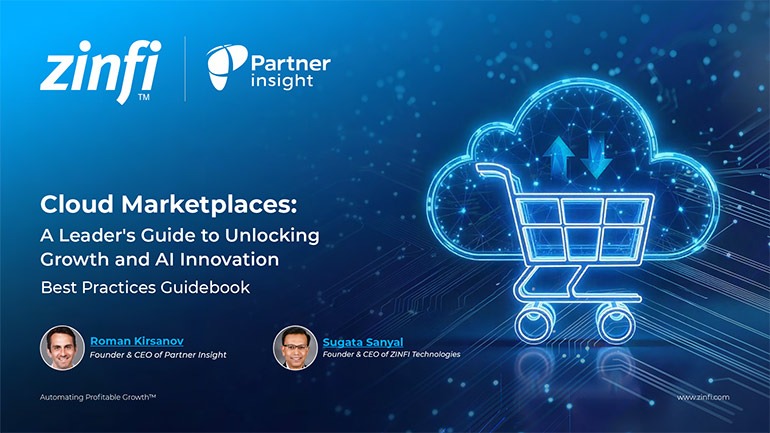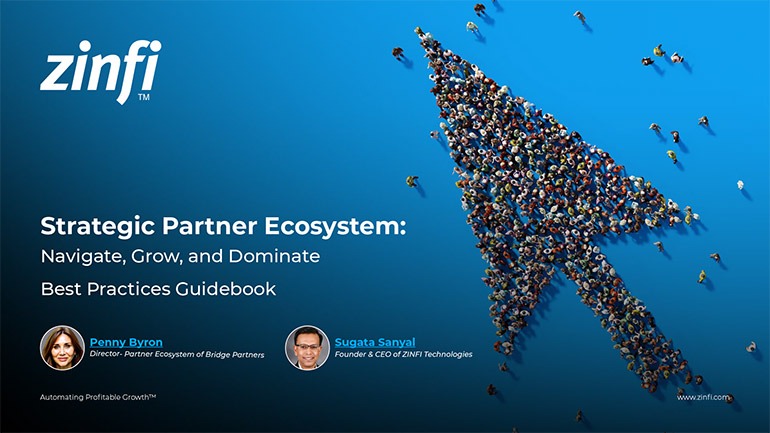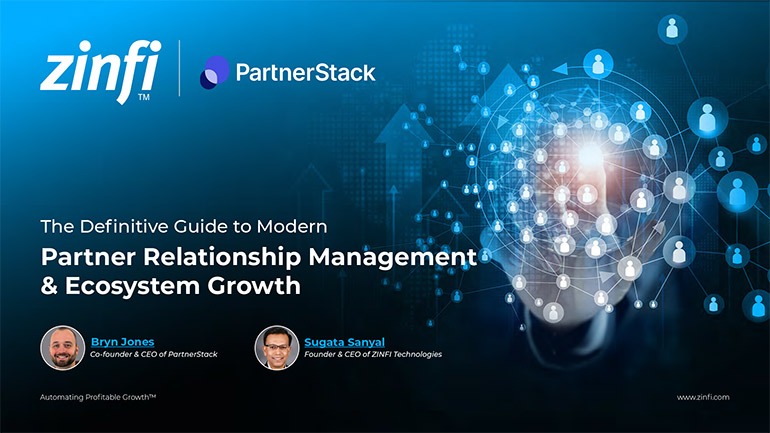Glossary - What is - Customer Relationship Management
What is Customer Relationship Management?
Customer Relationship Management (CRM) is a strategic approach that involves managing interactions with current and potential customers. It integrates technology to organize, automate, and synchronize sales, marketing, customer service, and technical support. CRM systems compile data from various communication channels, including a company’s website, telephone, email, live chat, marketing materials, and social media. Through CRM, businesses learn more about their target audiences and how to best cater to their needs, enhancing customer satisfaction and retention.
In the context of partner ecosystem management and partner management automation, CRM plays a vital role. It is a central system to collect and manage partner interactions, streamline processes, and enhance communication between vendors and their channel partners. Automated tools within CRM systems help companies efficiently manage partner activities, track joint sales pipelines, and generate actionable insights to optimize channel performance. Watch this video to learn how a CRM can be used for Partner Relationship Management (PRM).
Key Takeaways
- Centralized Data Management: CRM systems provide a centralized platform where all information related to customers and partners is stored. This centralization helps businesses in the partner ecosystem to have a unified view of customer interactions, preferences, and history, enabling them to make informed decisions.
- Automation of Marketing and Sales Processes: In partner management, CRM automation tools streamline marketing and sales processes by automating email marketing, lead qualification, and follow-ups. This increases efficiency and reduces the likelihood of errors, leading to more effective partner management and better alignment with business goals.
- Enhanced Customer Segmentation: Effective use of CRM allows companies to segment their customers and partners more accurately and tailor marketing strategies accordingly. This targeted approach can significantly improve engagement rates and ROI in partner-led campaigns.
- Improved Partner Collaboration: CRM tools facilitate better communication and collaboration among partners by providing features such as shared calendars, document management, and real-time updates. This enhances the coordination of joint marketing and sales activities, which is crucial for the success of partnerships.
- Analytics and Reporting: CRM systems offer advanced analytics and reporting features that help businesses track the effectiveness of their partner management efforts. These insights allow companies to optimize strategies and achieve better outcomes in their partner ecosystems. Check out ZINFI’s analytics solutions.
Summary of Takeaways
CRM is essential for managing customer and partner relationships in today’s digital economy. It provides the tools for centralized data management, process automation, effective segmentation, improved collaboration, and insightful analytics. These capabilities are crucial for enhancing efficiency and success in partner ecosystem management.
Key Examples
- Automotive Manufacturing: Automotive companies use CRM to track dealer interactions, manage service requests, and offer targeted promotions based on consumer behavior and preferences. This improves customer loyalty and service quality across the dealership network.
- Consumer Electronics: CRM systems in consumer electronics help companies manage warranties, service requests, and customer inquiries efficiently, enhancing customer support and brand loyalty.
- Energy Production: In energy production, CRM is used to manage accounts, monitor contract renewals, and deliver personalized service offers, ensuring better customer management and operational efficiency.
- Financial Services: Financial institutions leverage CRM to provide personalized banking experiences, manage client portfolios, and maintain regulatory compliance through improved data management and client interaction tracking.
- Food and Beverage: CRM solutions in the food and beverage industry help manage supply chain relationships, track customer preferences, and run promotional campaigns that drive sales and customer engagement.
- Healthcare Services: CRM systems in healthcare allow for better patient relationship management by tracking patient histories, managing appointments, and facilitating communication between patients and healthcare providers.
- Information Technology: IT companies utilize CRM to manage client projects, support services, and product sales, enhancing customer satisfaction and retention.
- Pharmaceutical Development: CRM in pharmaceuticals supports the management of clinical trials, patient outreach, and compliance tracking, enhancing efficiency and patient safety.
- Retail Industry: Retailers use CRM to personalize shopping experiences, manage loyalty programs, and analyze consumer buying patterns to optimize marketing efforts.
- Telecommunications: Telecom companies employ CRM to manage subscriber services, billing inquiries, and network maintenance requests, improving service delivery and customer satisfaction.
Conclusion
Customer Relationship Management is a cornerstone of modern business strategy, especially crucial in sectors where customer loyalty and efficient service delivery are essential. By enabling businesses to manage customer data effectively, automate processes, and deliver personalized experiences, CRM systems help enhance customer satisfaction and drive sales. Whether in automotive manufacturing, consumer electronics, or telecommunications, CRM systems provide essential tools that help companies adapt to changing consumer demands and maintain competitive advantage.
Associated Keywords:
















